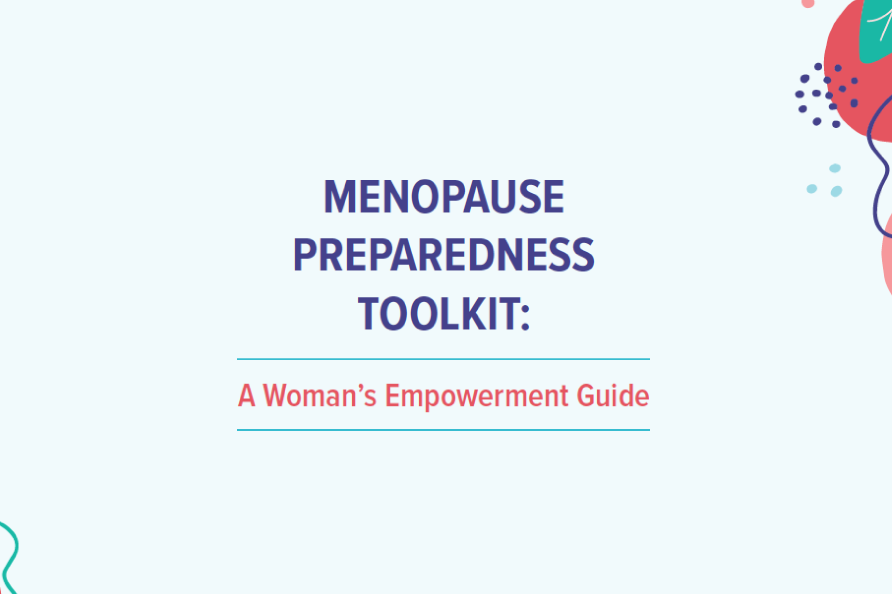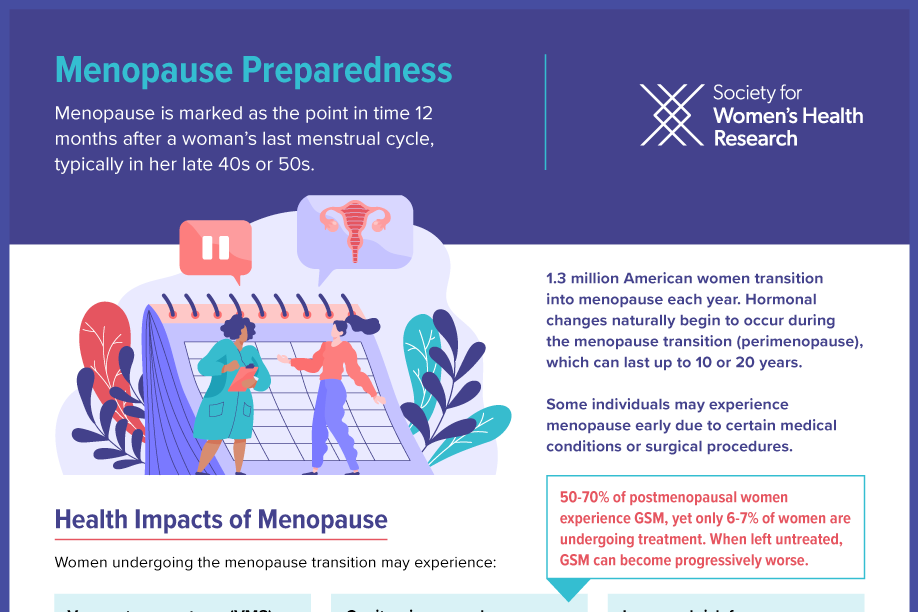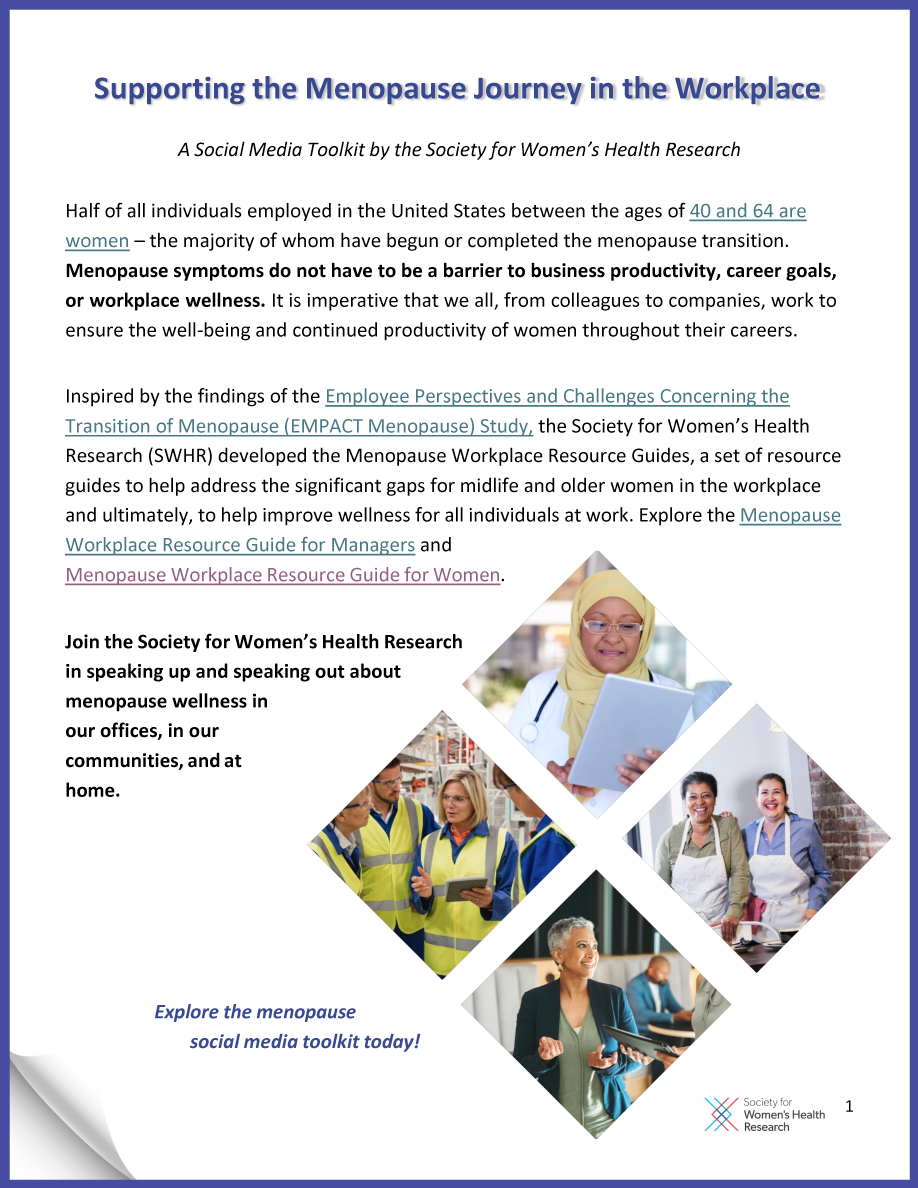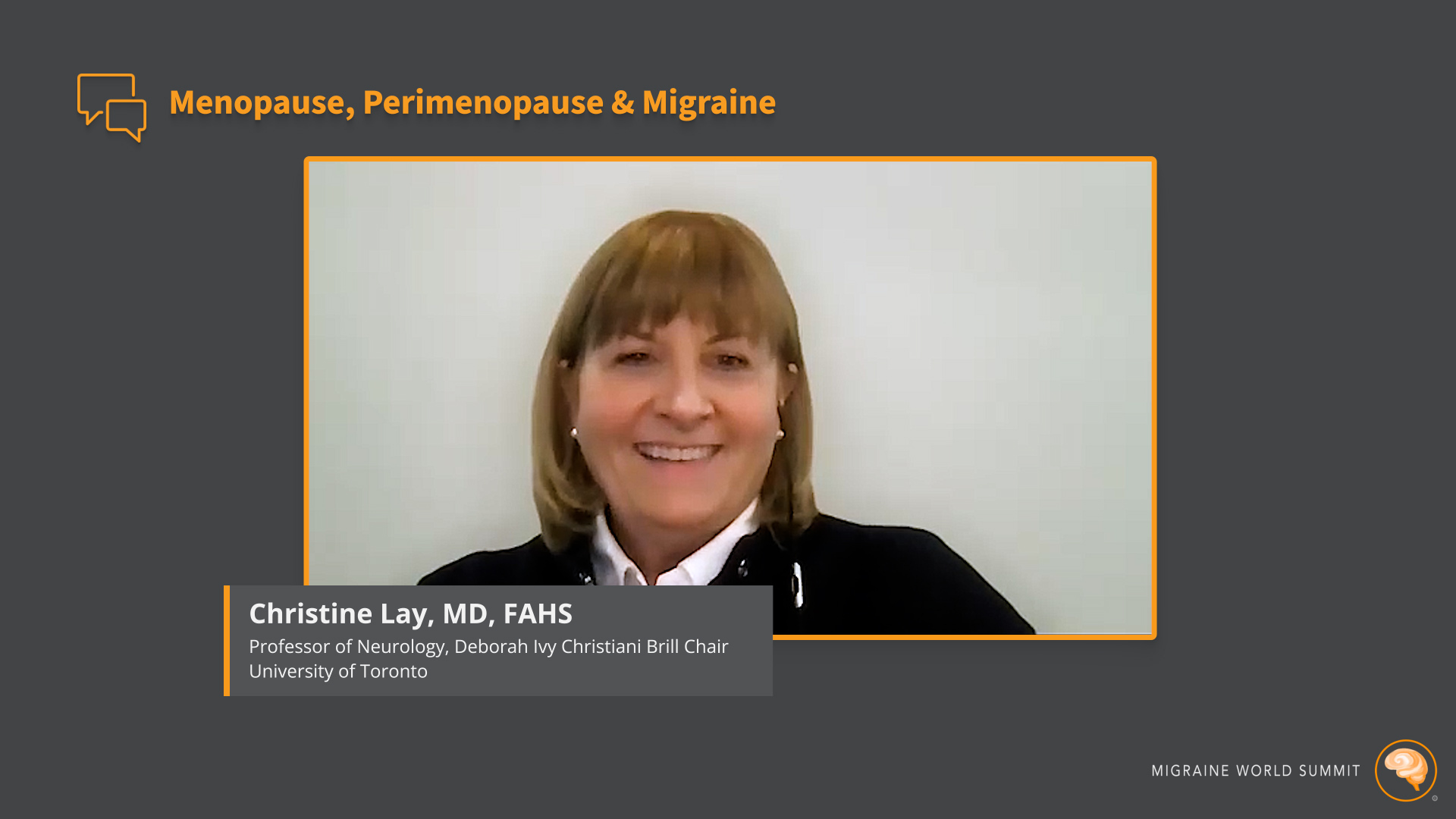Each day, approximately 6,000 women in the United States reach menopause – marked at one year since the last menstrual period. This transition typically occurs when women are in their late 40s or 50s and is characterized by a significant decrease in the hormone estrogen. Some women will experience menopause earlier in life due to damage or removal of the ovaries (e.g., chemotherapy, radiation, or surgery). Women of color are also more likely to transition into menopause earlier and experience a longer menopause transition and more severe vasomotor symptoms.
The estrogen depletion associated with menopause can cause a variety of vasomotor symptoms (e.g., hot flashes and night sweats), mood and sleep disturbances, and genital and urinary symptoms (e.g., vaginal dryness and urinary incontinence), lasting an average of four to seven years for many women and affecting their quality of life. There is a pressing need to develop more effective treatment options to manage challenging menopausal symptoms and increase awareness about the health impacts associated with menopause–including cardiovascular disease, osteoporosis, hair and skin issues, and diabetes–among women, health care providers, and society at large.
Menopause is part of the SWHR Healthy Aging Network, which engages the following focus areas: Alzheimer’s Disease, Bone Health, Heart Health, Menopause, and Obesity.















